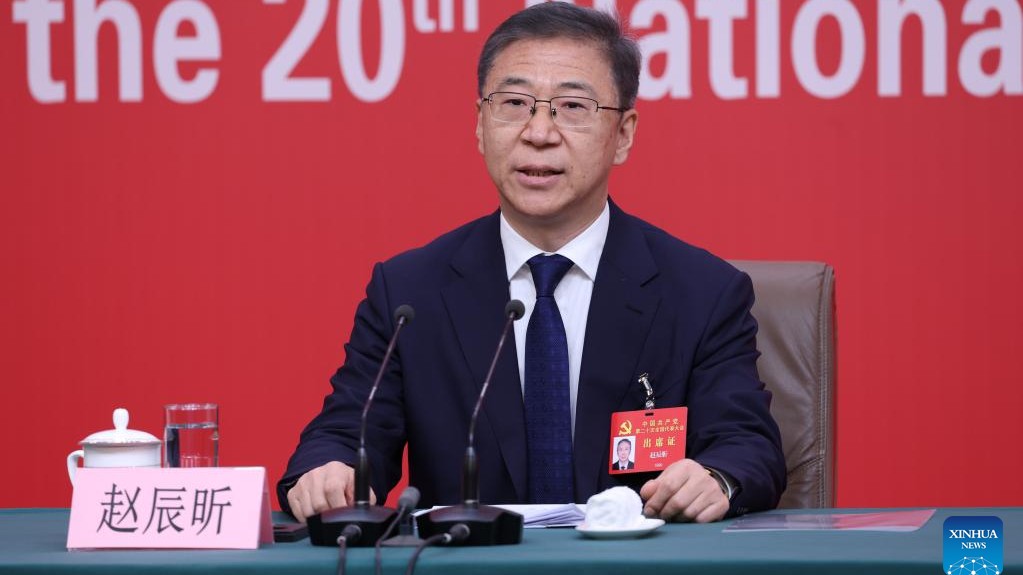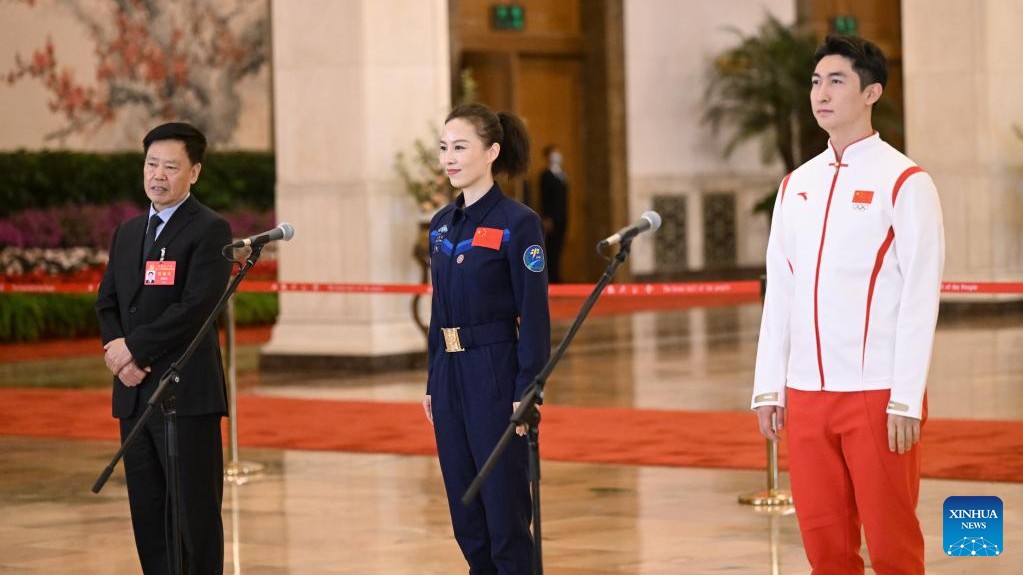Reports about forced sterilization, labor and genocide full of lies, center alleges
The research reports conducted by Adrian Zenz, a German anti-China figure, on the Xinjiang Uygur autonomous region since 2018 are packed with fabricated information and provocative conclusions including the existence of "forced sterilization", "genocide against Uygurs" and "forced labor", a report exposing irresponsible claims in his studies said.
Zenz is not a "China expert" but a "thug" sponsored by Western anti-China forces that want to hinder China's development with so-called Xinjiang issues, according to the report published by the Xinjiang Development Research Center on Friday.
Being a member of the Victims of Communism Memorial Foundation in the United States and a right-wing religious extremist, his works are fraught with holes, misuse of data and absurd conclusions that demonstrate a clear political agenda, the report said.
Furthermore, Zenz is also an accomplice of "East Turkestan" terrorist organizations that aim to separate the region from China, the report alleges.
In his article, Zenz often quoted "people-in-exile" and "human rights defenders" sponsored by the US government to support his so-called academic points. Those people are just puppets and tools manipulated by anti-China forces, and Zenz himself is such a tool, said the center's report, titled "Slanderer Adrian Zenz's Xinjiang-related Fallacies Versus the Truth".
It's hard to believe that Zenz's reports, which often confuse speculation with facts and fabricate anti-China narratives based on ideology, have been depicted as "treasures" by some Western politicians, said the center's report, adding that those politicians have never intended to verify the facts but instead have chosen to quote them to further their own political goals.
In September 2018, Zenz published an article claiming that "Xinjiang's total re-education internment figure may be estimated at just over 1 million." Although he has admitted that "there is no certainty" about the estimate, which was based on dubious sources, the US Congress passed the Uyghur Human Rights Policy Act of 2020 in June, calling on the US government to impose sanctions on China over the alleged internment of over 1 million people.
The report also made Zenz a popular "scholar" on purported Xinjiang issues. He has also often appeared on mainstream Western media outlets.
In fact, the alleged internment camps were actually vocational education and training centers in Xinjiang set up in accordance with the law that offered people influenced by religious extremism and terrorism vocational training and deradicalization courses. By October 2019, all the trainees who studied in the centers had graduated.
Zenz's article on "forced sterilization" in Xinjiang was quoted by former US secretary of state Mike Pompeo, who cited Zenz's name and report to level his genocide allegation.
A chart in Zenz's report claims that new IUD placements in Xinjiang average between 800 and 1,400 per capita each year, which means each woman in the region would have to undergo four to eight IUD insertion surgeries every day. The figures simply don't make sense, the Xinjiang center's report said.
Further, the women mentioned in Zenz's report are actually "actresses" employed by Western anti-China forces, and they make a living on discrediting Xinjiang abroad. No record has shown that they have received birth control procedures, except for one who signed a consent form requesting "to have a cesarean section and tubal ligation" during childbirth, it added.
In addition, Zenz said in his report that hundreds of thousands of workers in Xinjiang have been forced to pick cotton by hand through the national compulsory labor transfer and poverty alleviation program.
He claimed that about 70 percent of the region's cotton had to be picked by hand. In fact, according to data released last year by the Xinjiang regional Department of Agriculture and Rural Affairs, about 70 percent of the region's cotton is harvested by machines.
Zenz concluded that "the possibility of forced labor is very high" based on assumptions. That "forced labor" conclusion has become the basis for Western anti-China forces to sanction Xinjiang's cotton textile industry so they can disrupt the region's social stability and prosperity, the center's report said.




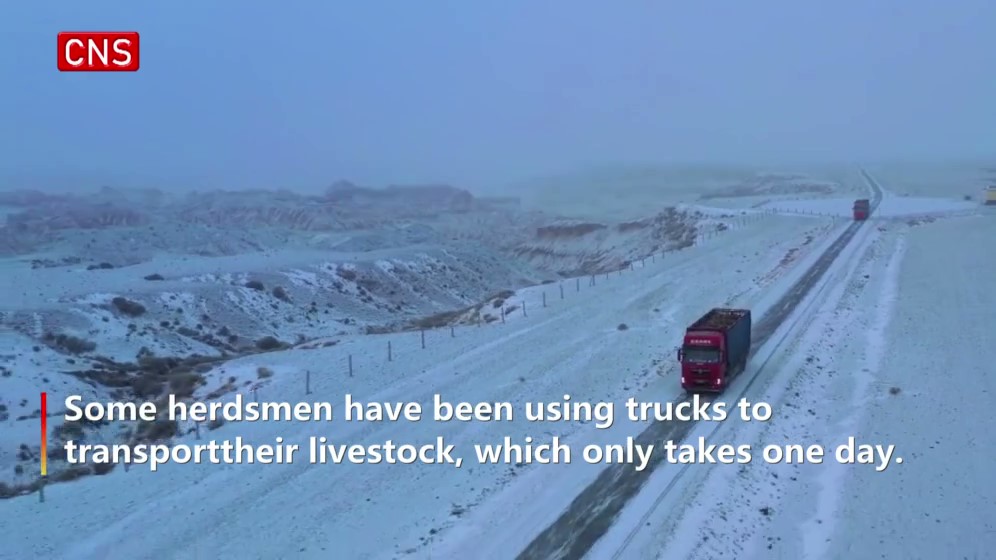




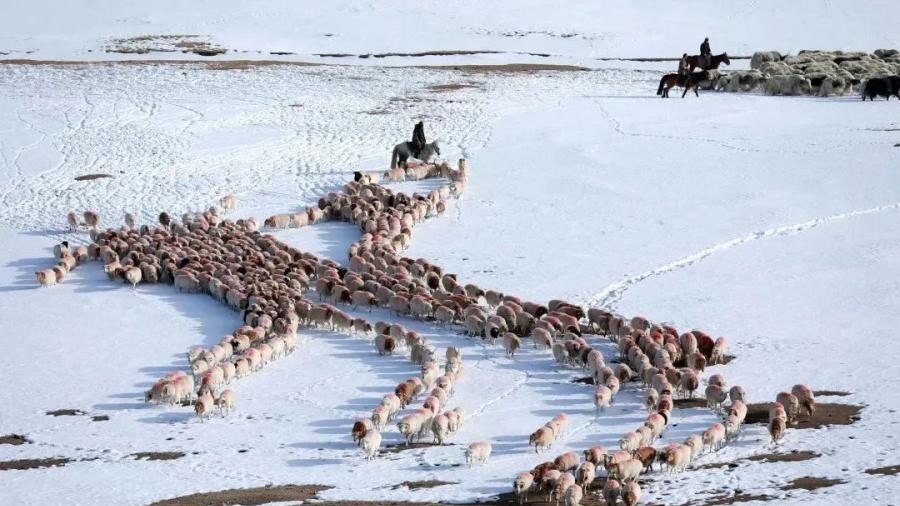
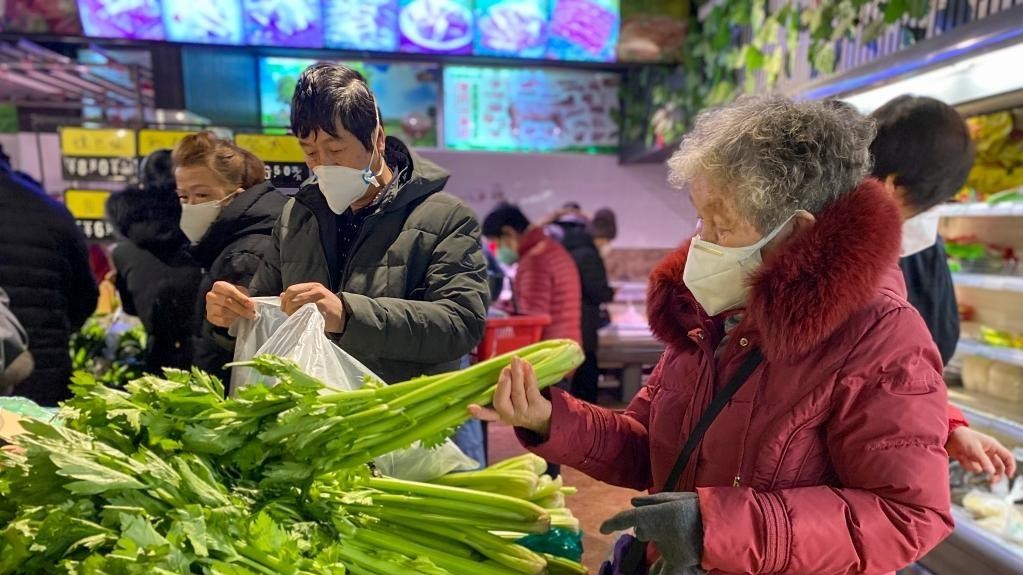

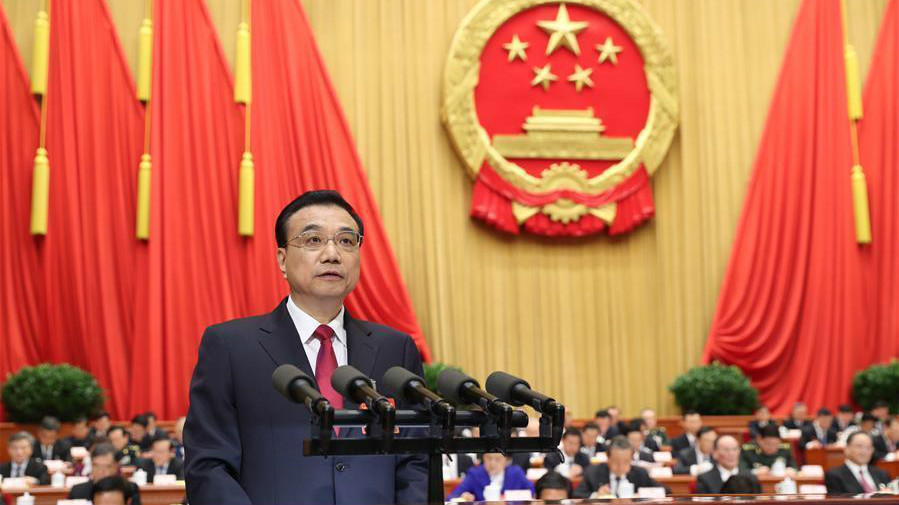

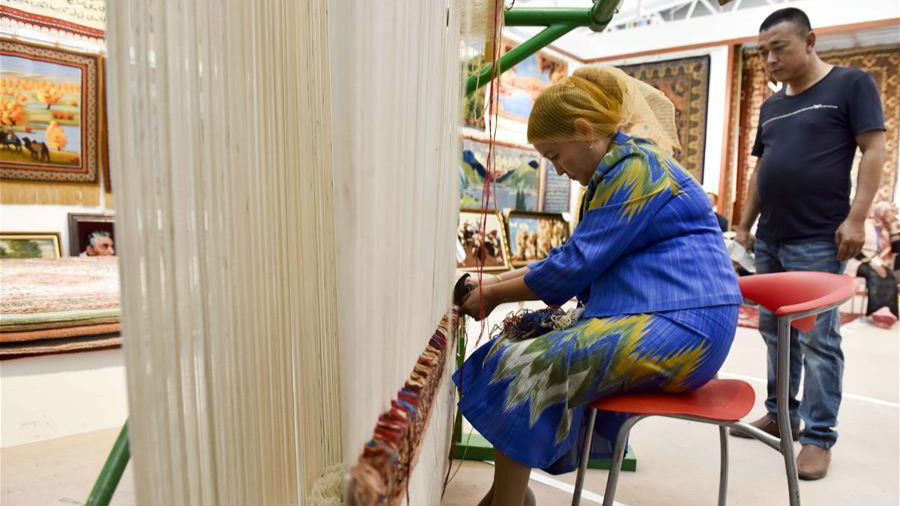
.jpg)
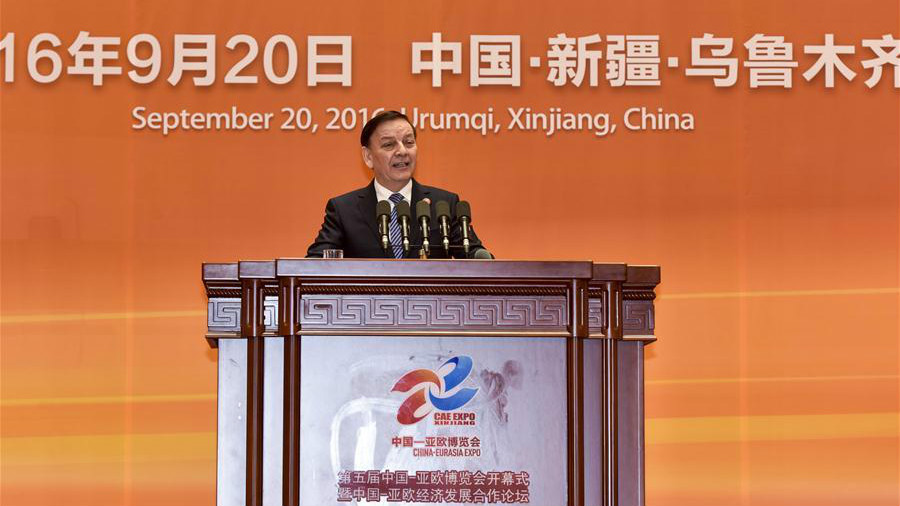
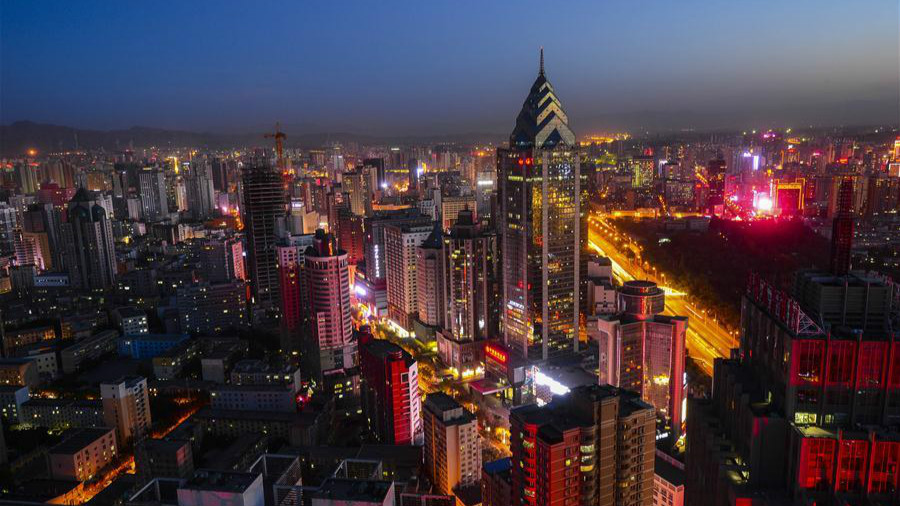
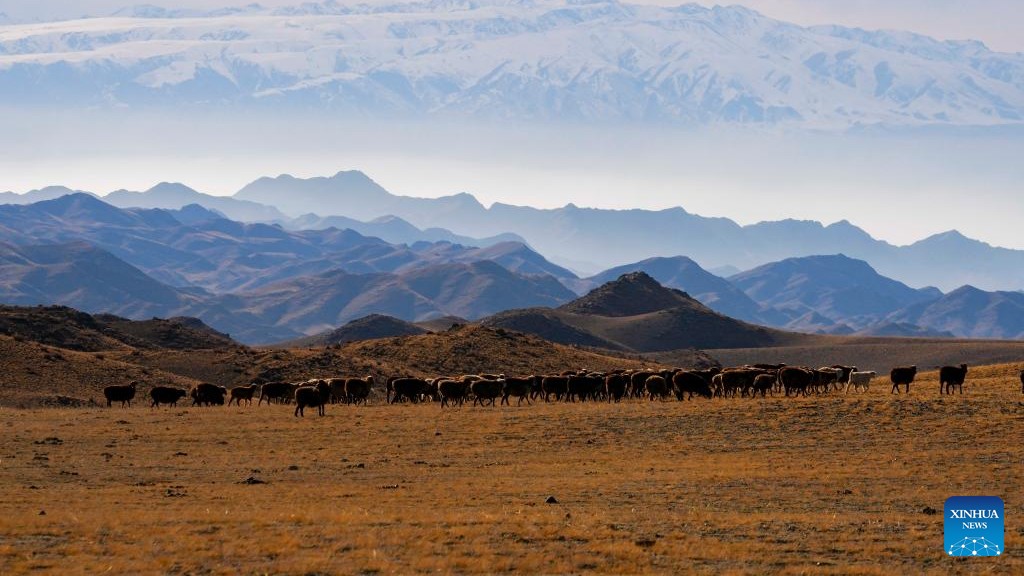
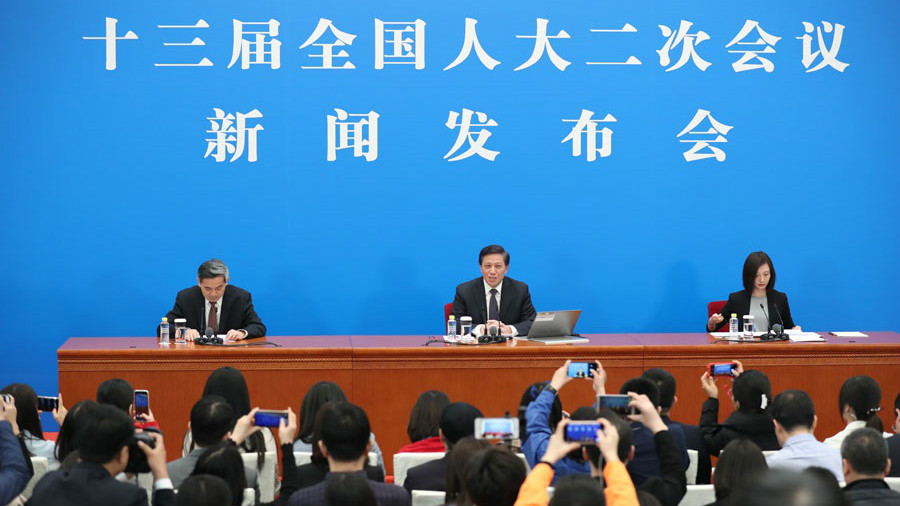

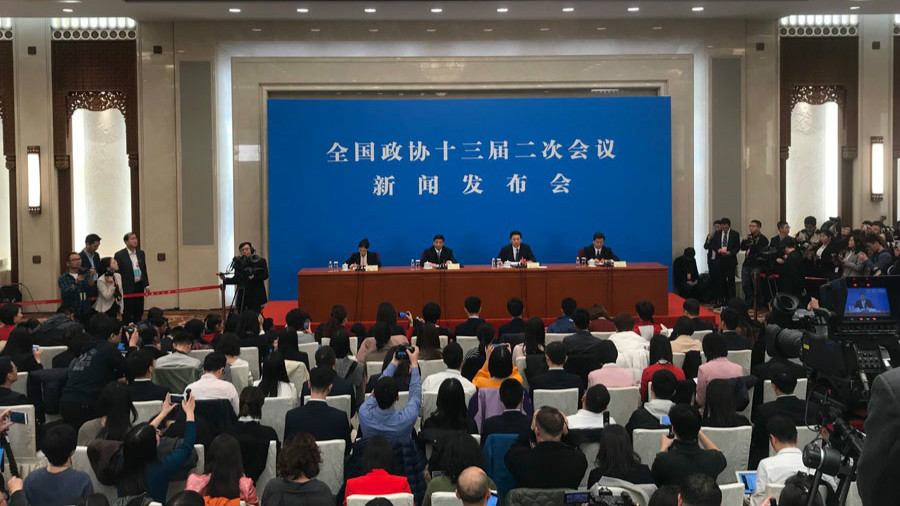
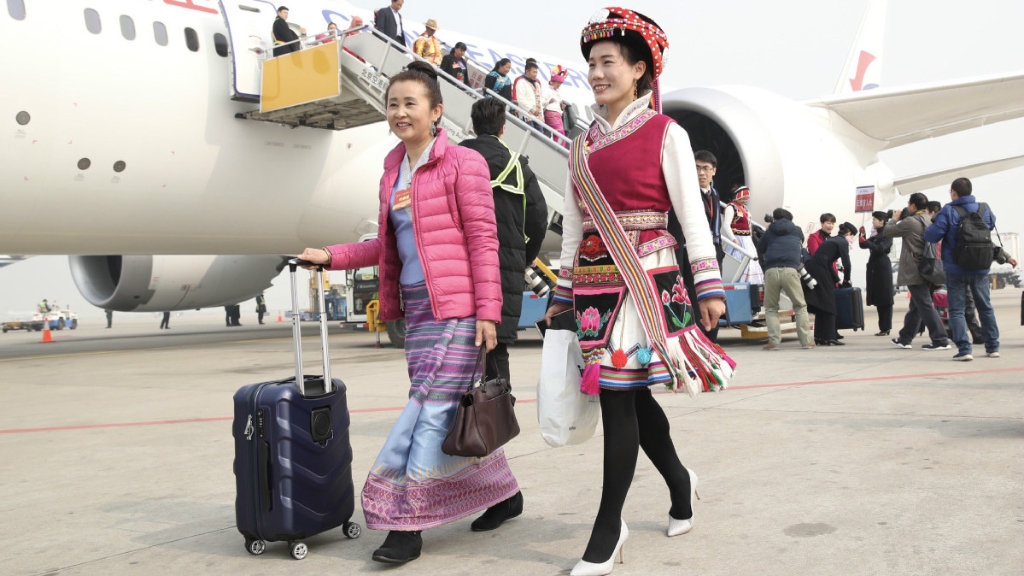

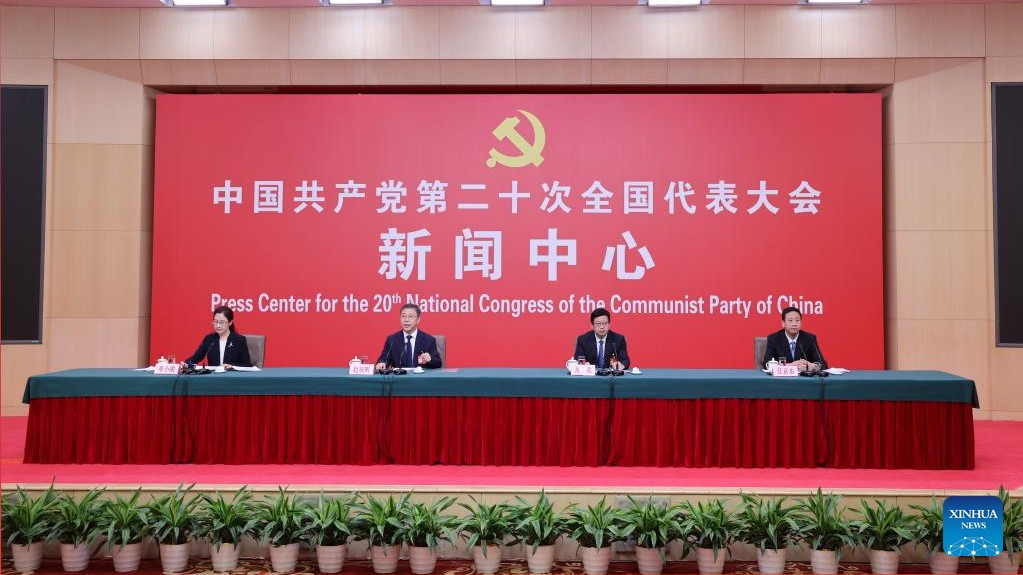
.jpg)
